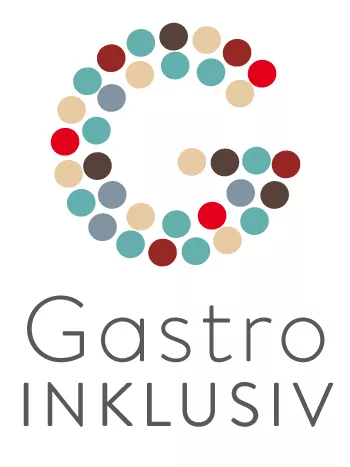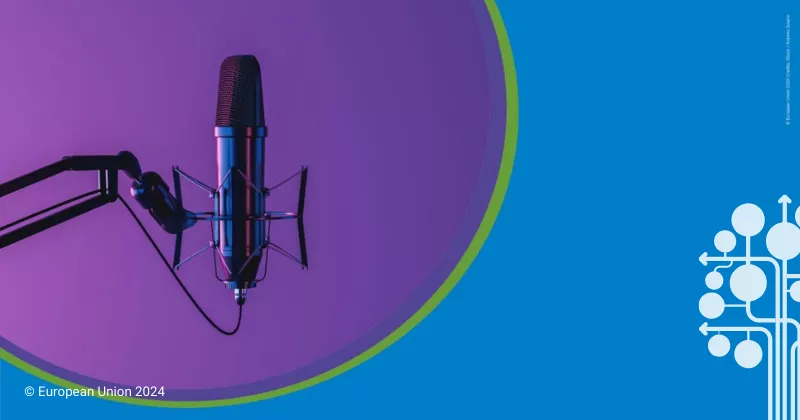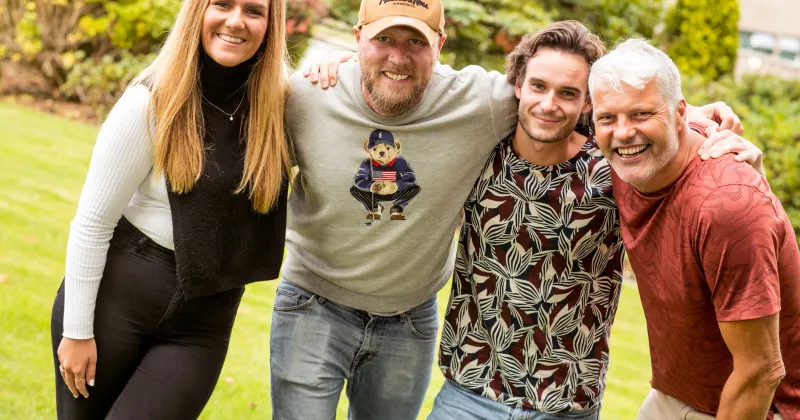GastroINKLUSIV – Inclusive learning materials for sustainable gastronomy

Reading time approximately 3 minutes—read, like, comment!
Original language: German
Promoting sustainable behaviour
In our globalised world there is increasing emphasis on reflecting upon our own behaviour. What effects does my (consumer) behaviour have? How can I reduce my consumption of resources? The strategic partnership “GastroINKLUSIV – New models for inclusive teaching at vocational schools” combined questions relating to inclusion in vocational teaching with the topics of sustainability and globalisation. The project consortium, consisting of vocational schools, educational stakeholders and companies, developed learning models and created recommendations for vocational schools and companies in the food and beverage industry. The aim is to make trainees more aware of the consequences of their behaviour in both their working and private lives and to provide them with new perspectives on their professional field.
An inclusive, hands-on approach

Inclusive teaching means learning together regardless of disabilities. To make this possible, teachers need to have access to ideas and materials that can be utilised in specific and beneficial ways in the learning environment. The project team, made up of eleven partner institutions from three EU countries, set itself the task of developing materials for inclusive teaching in the food and beverage industry. The materials are aimed at the broadest possible target group. An inclusive learning model was created: Learning content and targets, as well as learning resources in standard, plain and simple language were developed. Teachers also have access to didactic instructions to help them make full use of the materials. As a result, teaching is possible which reaches all trainees and provides them with practical insights and competencies.
Taking a broader view
In addition to four learning units on meat, fish, vegetables and reducing food waste, the materials which were developed include the simulation game “Chickens for Ghana?” [DE] about poultry exports to Africa. This game allows participants to assume the role of various interest groups and stimulates discussion and the need to find compromises. Looking beyond one’s own horizons, recognising new connections and interacting with other players can all help to inspire and motivate participants to become more involved in, for example, political, social and intercultural contexts.
The brochure “Recipes for Success. Inclusive learning materials for sustainable gastronomy” contains materials for vocational education in the food and beverage industry. The brochure illustrates ways in which sustainability and globalisation can be incorporated into teaching. It also explains how internal differentiation is possible in a heterogeneous group, which is key to successful inclusion.
The project team also wanted to introduce teachers to the concept of inclusion and provide them with the necessary competencies to put this approach into practice. This led to the creation of the “Handbook with recommendations for the development of inclusive learning materials”. Interested parties can find ideas for developing inclusive materials as well as techniques and lesson structures which promote inclusion. Teachers can then derive new perspectives and insights relevant to their everyday work.
A successful undertaking
In May 2018, “GastroINKLUSIV”, together with the project “Anders Wirtschaften – Globales Lernen für die Berufliche Bildung” (“Doing Business Differently – Global Learning for Vocational Education”), won the Sustainability Award at the 2018 German Educational Congress WeltWeitWissen – Lernen für den Wandel (“Worldwide Knowledge – Learning for Change”).
The European Commission nominated the project for the 2019 VET Excellence Award. It achieved an outstanding third place, ahead of hundreds of Erasmus+ projects.
Return to the “Sustainability in vocational education” [Landingpage DE; featured articles in English] page to read the other interesting articles about this topic.
About the authors: Simone Albrecht works for the German Adult Education Centre Association (DVV), where she is responsible for the topics of prevention and solidarity in society. Claudia Hamann works at the National Agency Education for Europe at the Federal Institute for Vocational Education and Training (NA at BIBB) in the area of Erasmus+ vocational education. Her responsibilities include assisting strategic partnerships in making applications and implementing projects.
Further information
Link to the GastroINKLUSIV project website [DE]
Link to the project in the E+ project results platform




